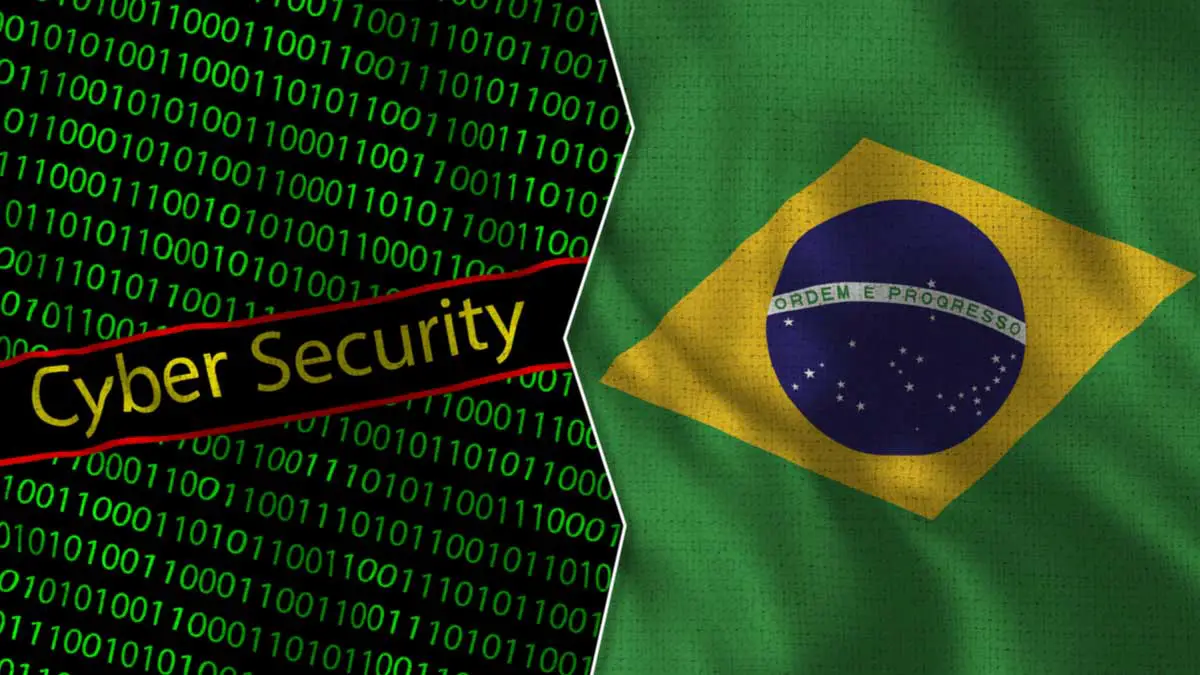Brazil has launched its National Cybersecurity Policy (PNCiber), aiming to securely guide cyber and virtual activities.
President Luiz Inácio Lula da Silva signed the decree, marking a significant step in national security.
This policy introduces the National Cybersecurity Committee (CNCiber) to oversee and update cybersecurity strategies.
CNCiber will focus on enhancing the National Strategy and the National Cybersecurity Plan. It will also foster international cooperation against cybercrime.
This approach reflects Brazil’s commitment to minimizing cyber incidents and advancing technological progress.

The committee comprises government, civil society, scientific, and business representatives, meeting quarterly to ensure diverse input and ongoing progress.
PNCiber’s goals include improving regulatory mechanisms and developing national security-focused technologies.
Furthermore, it prioritizes safeguarding data integrity and availability, especially important for children and adolescents in cyberspace.
The policy also emphasizes the need for widespread cybersecurity education and training.
PNCiber encourages scientific research and innovation in cybersecurity, aiming for technological advancement.
Finally, it enhances information sharing and coordination between state branches, federal entities, the private sector, and society.
This demonstrates Brazil’s proactive approach in addressing cyber risks and fostering a secure digital environment.
Background
Brazil’s National Cybersecurity Policy (PNCiber) sets a regional and international benchmark by prioritizing secure cyber activities and fostering global cooperation against cybercrime.
As Brazil enhances its digital defenses, it aligns with global norms and positions itself as a leader in cybersecurity, offering a model for other nations.
The policy’s emphasis on diverse stakeholder involvement, education, and innovation reflects a commitment to national security and individual rights.
This approach will influence global cybersecurity strategies, making Brazil a case study in effectively balancing security with civil liberties.

